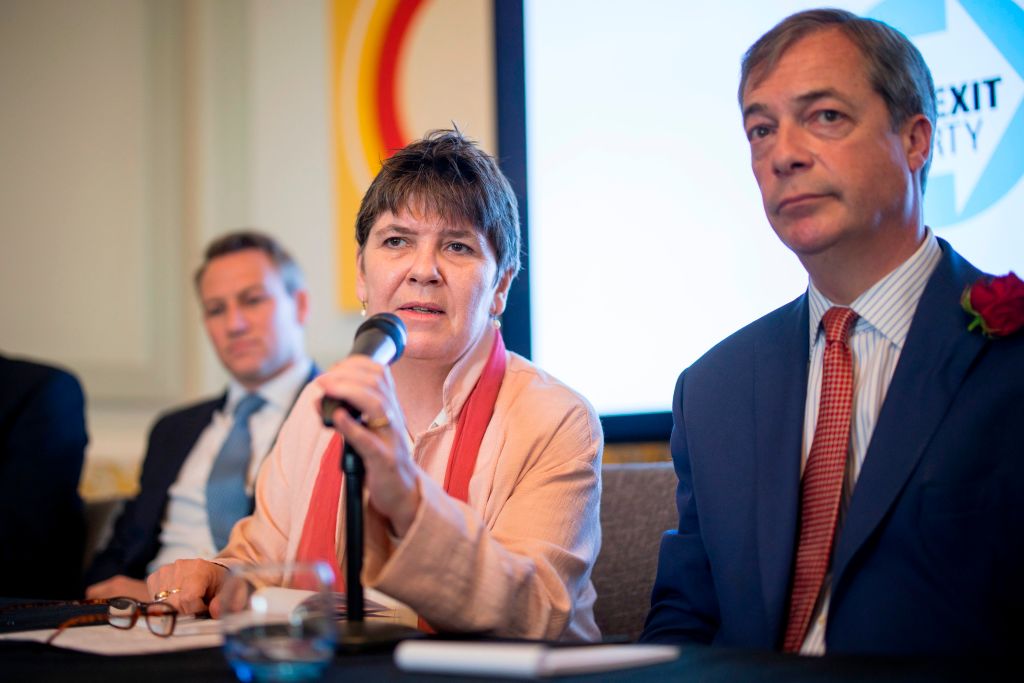The Bermondsey by-election of 1983 is widely regarded as one of the nastiest, most scurrilous election campaigns in British history. Peter Tatchell, queer-rights activist and bona fide national treasure, stood for the Labour Party against Simon Hughes, who stood for the Liberals.
Tatchell was the target of a ceaseless campaign of smears, innuendo, hatred and homophobia. It came from all sides: the tabloids, the hard right, Liberals themselves. Of all the tactics used against Tatchell, perhaps the lowest, the most awful, was the attempt to depict him as a paedophile, or at least a friend of paedophiles.
Incredibly, the tabloid press sent young boys to Tatchell’s apartment, presumably in the hope that he would invite them in. They wanted to expose him as at the very least a fellow traveller of child rapists, in order to destroy his political career and potentially his life.
I liked to think that the politicisation of such a dreadful crime as child rape to the end of damaging an electoral candidate was a thing of the past, a relic of the dirty politics of 1980s Britain. But it seems not.
Nick Cohen of this very parish uses the same tactic today. Taking his place alongside the whisperers and defamers of the Bermondsey debacle, Cohen devoted a large chunk of his most recent piece for The Spectator to implying, very strongly, that three candidates for the Brexit Party — Claire Fox, James Heartfield and Alka Sehgal Cuthbert — are cavalier about the abuse of children. These are lies. Straight-up, low-down lies. I knew some people in the pro-Remain side are feeling desperate and angry; I didn’t know they’d reached Bermondsey by-election levels of desperation and anger.
What does this have to do with me? Quite a lot, unfortunately. The articles Cohen cites as part of his smearing of Heartfield and Sehgal Cuthbert were published on spiked, the magazine I edit. I rarely respond to slurs against spiked, because life is short, and it’s par for the course for editors to be badmouthed. But there comes a breaking point. And one such breaking point is the implication that one’s magazine is chilled out about child pornography and child abuse. A lie like that must not be allowed to stand.
The thing is, I’m pretty sure Cohen himself knows it is not true. How else to explain the wilful distortion of the things Heartfield and Sehgal Cuthbert said in their articles for spiked? He accuses Heartfield of denouncing ‘fears of child abuse as a fantasy’ and believing that ‘all fears of paedophilia are a “panic”’.
In short, Heartfield thinks child abuse is made up. But Heartfield didn’t say this, and if he had spiked wouldn’t have published it. Heartfield, in his piece that we published in July 2014, clearly writes of ‘the problems of paedophilia and other abuses of children’ — i.e., they are real problems. He goes on to argue that sometimes these real problems are used to create a panic. In this case, the paedophile panic. You know the paedophile panic, Nick — you wrote about it yourself, in the Observer in 2005.
Back then, Cohen argued that there is no more ‘potent political concern’ than ‘modern worries about children’. Such worries lie ‘behind the MMR mania [and] the paedophile panic’, he said. This is the same panic Heartfield was commenting on in spiked. It’s there in the headline: ‘How the Tories ignited the paedophile panic’.
That Cohen has gone from using the phrase ‘paedophile panic’ to smearing others who use it as disgusting non-believers in the problem of child rape is quite extraordinary. It seems that, like Tatchell’s persecutors 35 years ago, he’ll latch on to anything in order to smear an electoral candidate he doesn’t like.
His distortions of Sehgal Cuthbert’s article for spiked, which we published in June 2013, are even worse. You could read his piece and come away thinking Sehgal Cuthbert is okay with child pornography. He claims that in her piece she ‘deplored the willingness of children’s charities to include [child pornography] in their definition of child abuse’.
Utterly untrue. In her piece, which was about the authoritarian clampdown on internet porn (actual porn, not so-called ‘child pornography’), Sehgal Cuthbert criticised the NSPCC, not for describing child pornography as child abuse, but for including ‘the watching of pornography’ in its definition of child abuse. She was arguing that it is wrong to describe young people’s watching of general porn as a form of child abuse; she was not talking about the use of children to produce ‘porn’. I think this might be a new low in the politics of smear.
Given that my magazine has been dragged into this discussion — very much against our will — let me make two things clear. First, child abuse is real. Everyone knows this. And sometimes concern about child abuse becomes a panic, leading to undue fear, and in some cases violence — witness the hounding of suspected paedophiles from their homes during the 1990s paedophile panic (credit for that phrase: Nick Cohen and James Heartfield).
And secondly, in my view there is no such thing as ‘child pornography’. The creation of pornography requires consent. It can only be made by adults. ‘Child pornography’ is a contradiction in terms. Such material is in itself a crime — the criminal recording of a criminal act. To speak of free speech for child pornography is bizarre.
Can we quit the smears now? If you disagree with what spiked says about the paedophile panic, say so. If you disagree with our position on Brexit, say why. If you hate the Brexit Party and its candidates, challenge their political views, put forward alternative views, get stuck into the debate.
But don’t trade in slurs and character assassination, because when you do that you really are no better than the people who poisoned the political well in Bermondsey in 1983 because they were so determined to destroy one of the candidates there.







Comments